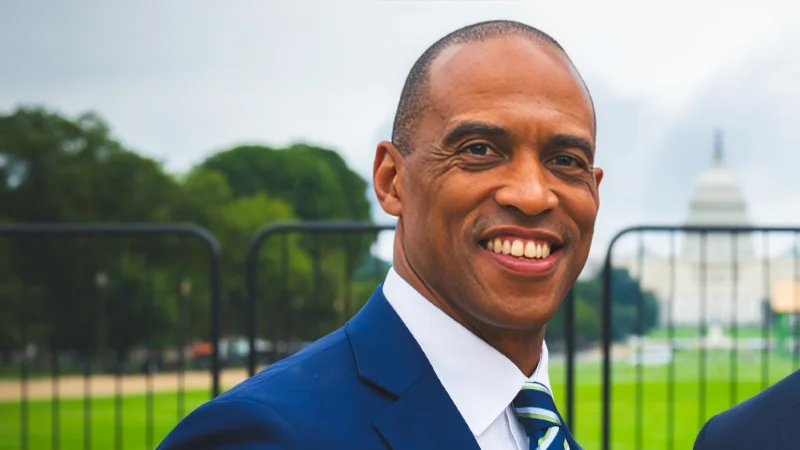U.S. Department of Housing and Urban Development (HUD) Secretary Scott Turner has expressed support for President Trump’s Executive Order titled “Ending Crime and Disorder on America’s Streets.” The order aims to increase accountability in homelessness programs by ensuring that individuals with severe mental illness or addiction receive treatment as part of their path to recovery and self-sufficiency.
The executive order redirects federal resources toward initiatives that address substance abuse within the broader context of homelessness and public safety, moving away from previous “housing first” strategies. These earlier policies, according to the department, did not sufficiently address the connections between homelessness, drug use, and mental health issues.
“We can protect the safety and security of our streets while also supporting access to resources that will help homeless Americans break cycles of addiction and dependency,” said HUD Secretary Scott Turner. “The Biden administration failed to address the root causes of homelessness and as a result we saw the largest number of individuals living on the streets ever recorded. Having a heart for our homeless brothers and sisters does not mean indefinitely subsidizing housing without accountability and proper requirements for treatment, recovery, and pathways for self-sufficiency. Having a heart for our homeless brothers and sisters means helping them get back on their feet through a holistic approach so that the tough times will be temporary, and our streets and communities will be safer.”
HUD reports that 51% of people experiencing street homelessness say substance use disorder contributed to their loss of housing, while 50% cite mental health conditions as a factor.
Since January 2025, HUD has allocated over $5 million to assist youth aging out of foster care with temporary supportive funding designed to prevent homelessness. Each year, more than 20,000 young Americans leave foster care; about one quarter are estimated to experience homelessness within four years. The HUD Veterans’ Affairs Supportive Housing (HUD-VASH) program currently supports over 89,000 veterans with temporary housing vouchers. Since its inception, more than 250,000 veterans have leased homes using these vouchers. In April, Secretary Turner announced an additional $2.2 million in funding under the Tribal HUD-VASH program aimed at expanding rental assistance for Native American veterans.
The full text of President Trump’s executive order is available online.





